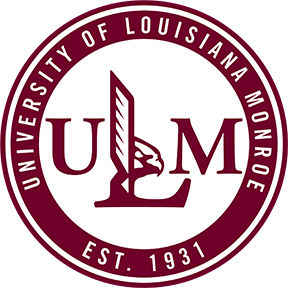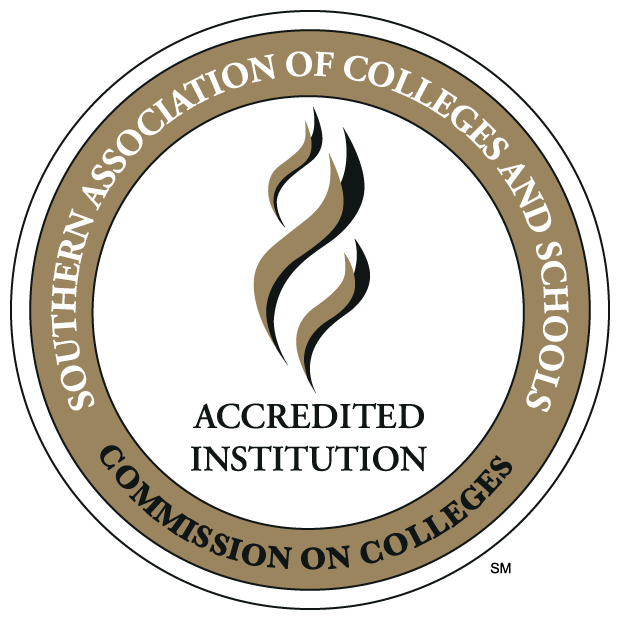An applicant or enrolled student with a suspected or documented disability who requests
accommodations for the disability is required to submit to an evaluation, at their
own cost, by a health care professional identified by the College of Pharmacy.
��
• Applicants must submit, in writing, a request for evaluation to the Office of Student
and Professional Affairs prior to admission.��
��
• Any existing student who has a suspected��or documented disability and who seeks
special accommodations from the University must submit, in writing, a request for
evaluation to the Office of Student and Professional Affairs prior to the start of
the school year in the fall semester.
��
• If a suspected disability develops during the school year for which accommodations
may be requested, the student must provide, in writing, a request for an evaluation
to the Office of Student and Professional Affairs as soon as the student becomes aware
of the disability requiring special needs.��
��
The student must sign a waiver allowing the health care professional chosen by the
College to provide medical information related to the disability to the College for
evaluation.�� At a minimum, required documentation for a student with a disability
requesting accommodations includes:
��
• A letter from the College-identified health care professional stating whether or
not the student's disability will impair the student's ability to meet the curricular
outcomes and technical standards of the program with or without accommodations.
��
• Copies of the student's diagnostic evaluation, along with the results of any diagnostic
tests used in the diagnosis.
��
• A list of specific accommodations that may be necessary.
��
Students with accommodations are required to be reevaluated, at a minimum, every two
years.
��
Accommodation decisions are addressed on an individual basis.�� The Office of Student
and Professional Affairs, in conjunction with the ��ɫAV Counseling Center Director,
will evaluate the effects of the student's disability in relation to the curricular
outcomes and technical and academic standards.



